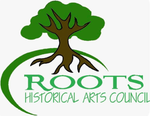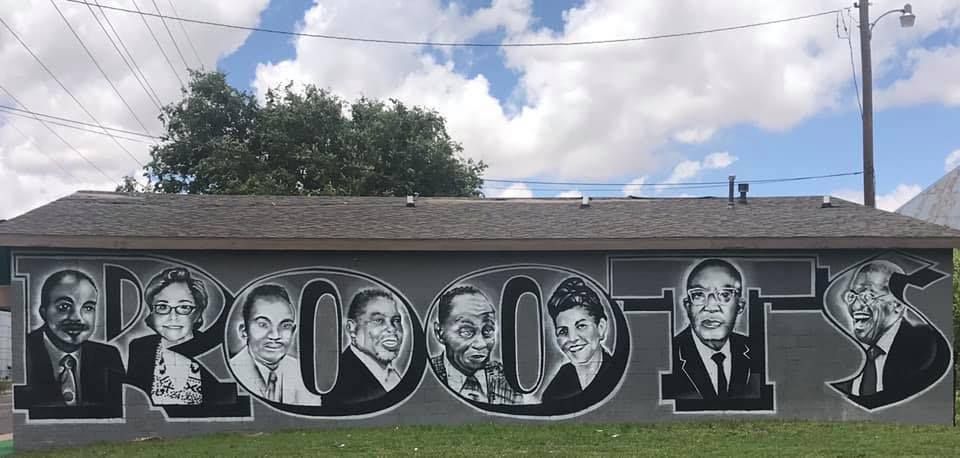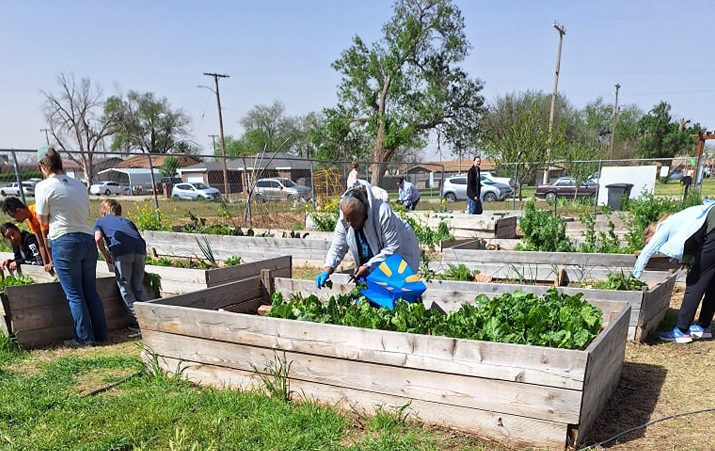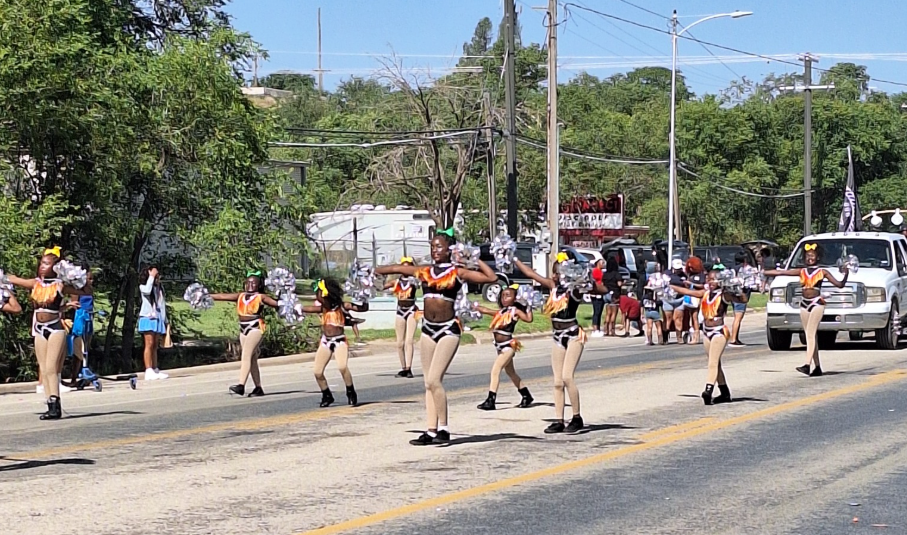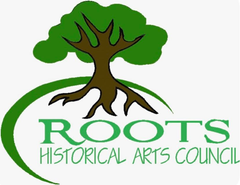Art - Jazz - Community Garden
Cultivating Culture & History
Discover the vibrant tapestry of Lubbock's history and arts with Lubbock Roots Historical Arts Council, where culture comes alive!
Our Roots
Our organization began as the Roots Committee in 1978. At that time the mission was to share the experiences of Black people in the Early American West. This led us to organize the first-ever reenactment of Nolan's Staked Plains Expedition of 1877, where a troop of 10th Cavalry Buffalo Soldiers survived on the parched West Texas Plains by drinking the blood and urine of their dying horses. The success of the reenactment led the Committee to incorporate as a nonprofit arts and humanities organization.
Dr. Rudolph Davis was the Council's first director. Under his leadership the council presented numerous successful arts and humanities programs in the 1980's and early 1990's. These activities included the State-Wide Tour of the Forgotten West Monument Replica, the Spring Fusion Talent Showcase, More Sky City Jazz Celebration and numerous art exhibits. The Roots Committee also awarded various arts and humanities scholarships to high school graduates. Following Dr. Davis' departure in the early 1990's, the organization only engaged in limited arts programming and was almost dormant from 1995 until 2007.
In February of 2007, Eric Strong reactivated the Roots Committee. As Director, he led the council's re-engagement in numerous arts and humanities activities. The organization was revitalized under his leadership, and began a renaissance that found it even more committed to it's original mission and with a new strategic plan. Mrs. Shirley Green and the current "Roots Crew" are maintaining the legacy and flavor of the original organization, and are pushing it forward with innovative musical, artistic and environmental programs.
Our Mission
The Lubbock Roots Historical Arts Council seeks to enrich life by promoting a greater understanding of the African American experience through the practice and appreciation of the visual and performing arts and through the study, interpretation and preservation of the history of the African American in the Early American West.
